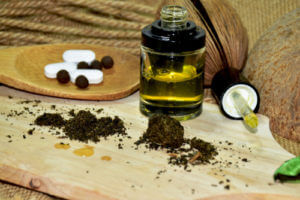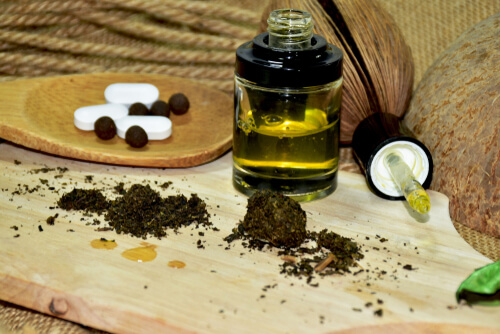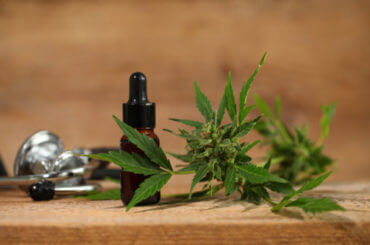
Cannabidiol CBD health care, self-care, and beauty products are a big trend right now. CBD is naturally found in the marijuana or hemp plant and gaining traction due to its many therapeutic and medical benefits. CBD’s unique selling point is that it is not psychotropic and has very minimal side effects. Hence, CBD products are sold for treating issues such as depression, chronic pain, and anxiety. Since the market is growing very fast, many unregulated products are also popping up. To ensure that retailers deliver good and authentic products, they must be aware of customer product quality and federal regulations. Read on to understand what retailers need to know.
Levels of Oversight by FDA for CBD Products
The FDA is in charge of regulating CBD products entering the market and can issue warning letters to manufacturers for non-compliance. Manufacturers can use hemp in their formulations since the 2018 farm bill because it was removed from the list of Schedule I drugs. Since then there is a rise in the number of unapproved products especially CBD online products. Therefore, such products without FDA’s approval are not safe and can be of lower quality. Legally available CBD products can have THC levels of only up to 0.3%.
FDA Regulation Regarding Retailing CBD
The FDA is working on regulatory procedures for cannabis-derived and cannabis-containing products in the marketplace. Moreover, it is looking at how CBD affects certain groups of people and its impact on animals. It is formulating standards for product quality, labeling, marketing, and manufacturing.
FDA’s Future Plans
The FDA is suggesting more research into the potential uses and safety of CBD products. They needed to understand more about the risks associated with the widespread availability of CBD products. Currently, there is only one cannabis-derived drug Epidiolex approved by the FDA. Hence, marketing drugs must have a monogram for a specific category of drugs or FDA’s premarket approval via the New Drug Application (NDA) procedure until studied and reviewed by the FDA. As a result, customers must talk to their physicians about their plan to use a CBD product.
The Source of CBD
The CBD products must come from plants i.e. Hemp Plant that has THC levels less than 0.3%. These plants must be cultivated in the US following the farming regulations.
Due to the proliferation of unregulated products, retailers must be vigilant so that customers do not get cheated. In the case of selling a defective product, they can share the liability along with the producers. The court can ask the retailer to pay for the damages to the customer. Therefore retailers must be cautious of the quality of CBD products they are selling.


